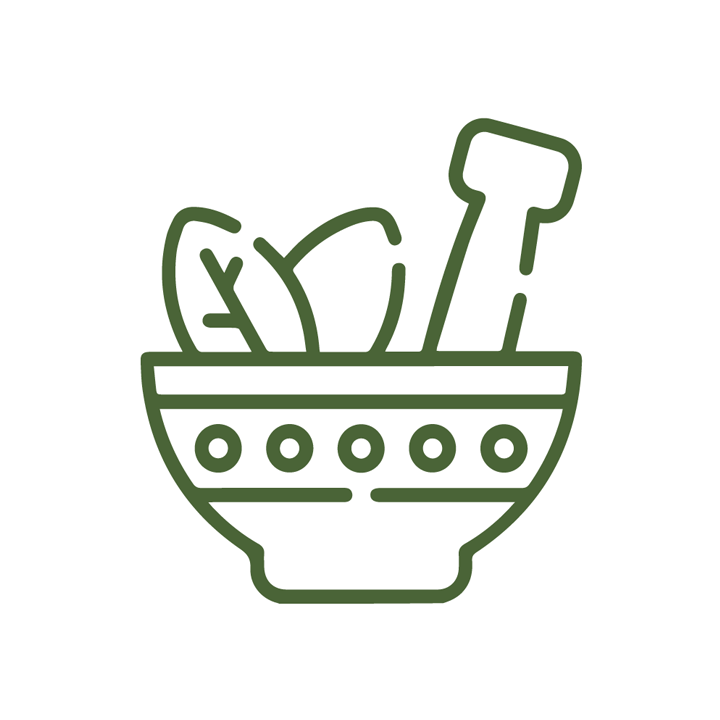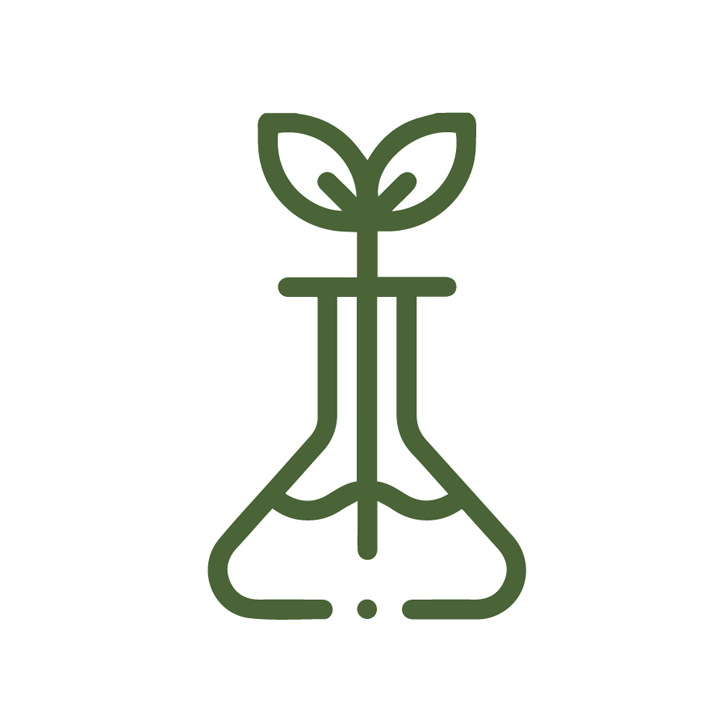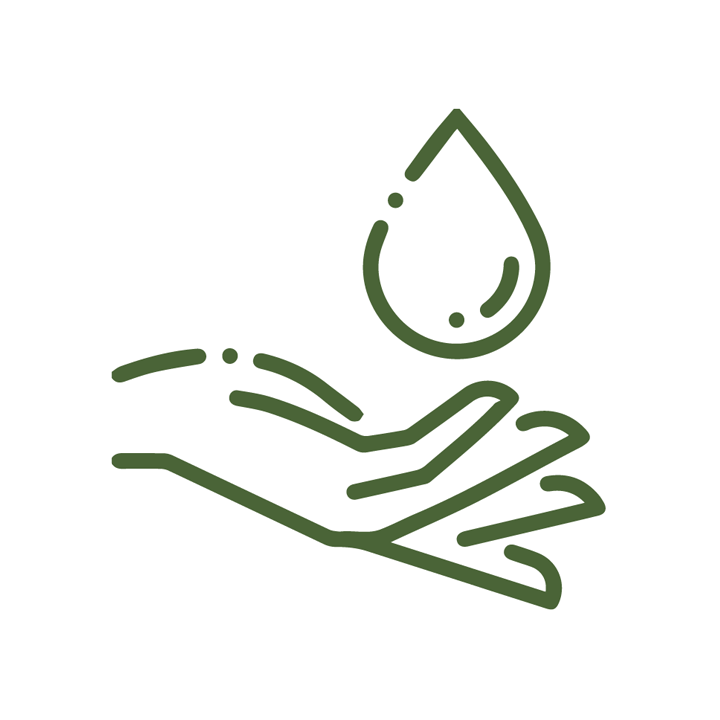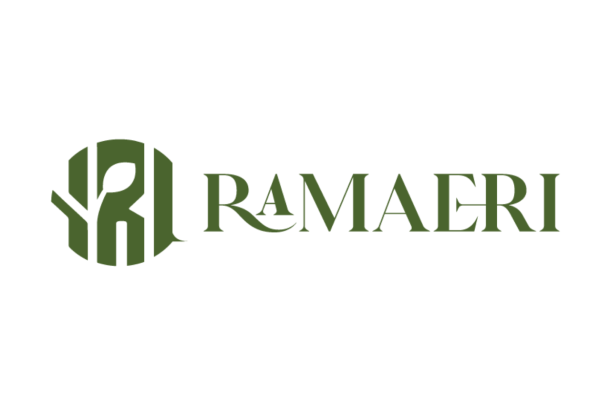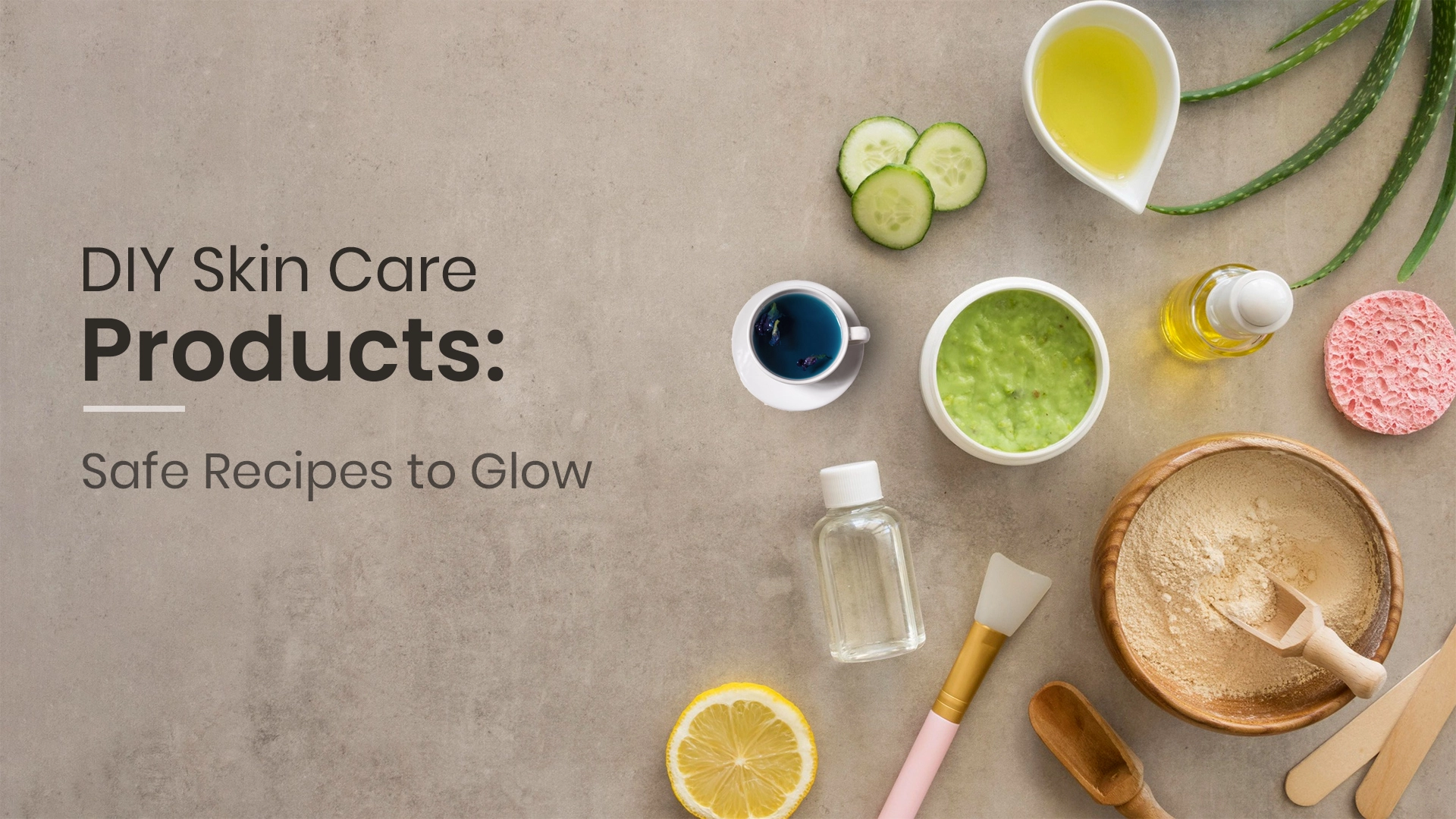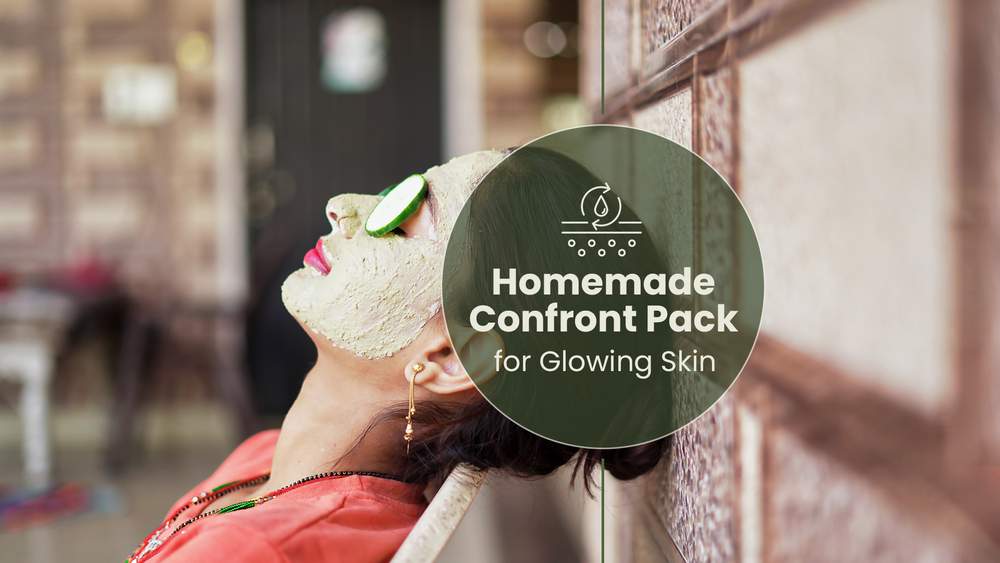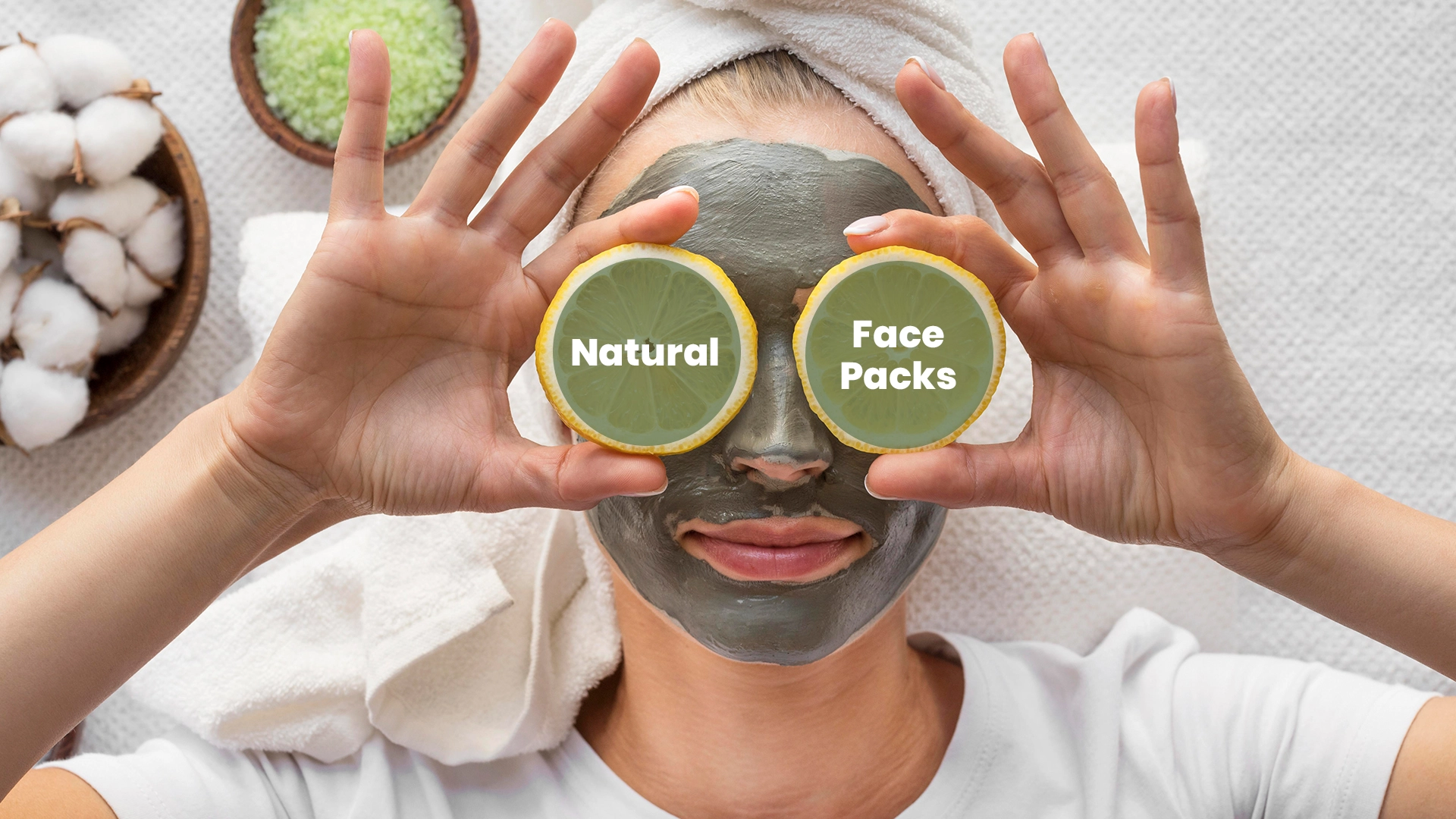DIY Skin Care Products Safe Recipes to Glow
Learn about the goodness of DIY skincare with our guide on natural, homemade remedies to g...

Introduction
For generations, nature-based products have been a tradition in skin care for women from India. With beauty secrets running down generations and modern ways of acquiring lustrous and glowing skin these days, home remedies find a special place in hearts.
Let's delve into the world of DIY skincare to learn some effective ways to tighten skin naturally.
Why DIY Skincare?
Certainly, nature's help amidst such a plethora of chemical-laden products in the market these days is going to help in a big way. The several benefits will be economical, most of the ingredients being easily available in your kitchen; natural and gentle, with no harmful chemicals and preservatives; and personal care by using recipes depending on your skin type and problems.
Relaxation and enjoyment: The homemade preparation of cosmetics can also become a soaping ritual.
Listen to what your skin says.
Before we go deep into these DIY recipes, it's important to know your skin type—dry, oily, or combination—or whether you're sensitive. And what your concerns are: acne, pigmentation, or aging. This will help you in the right choices and frame targeted therapies properly.
Essential skin care products:
The treasure of skincare ingredients can be taken out from Indian kitchens and local markets. Some of the highly found ingredients include:
Turmeric: Anti-inflammatory and brightening.
Gram flour: makes the skin smooth and clean.
Yogurt: Soothing, hydrating, and brightening Honey: Hydrating and antibacterial AloeVera: Soothing, hydrating, and skin-repairing Neem: Antiseptic and anti-fungal Coconut oil: Emollient and nourishing Rosewater: Toning and refreshing
 DIY Skincare Recipes
DIY Skincare Recipes
Here is some basic DIY recipe
Turmeric and Gram Flour Face Mask: Mix one tablespoon of gram flour, a pinch of turmeric, and a little rose water in a bowl to form a paste. Apply on clean skin, let it dry, and then wash.
Yogurt and Lemon Toner: In a bowl, mix 2 tablespoons of yogurt with the juice of half a lemon. Apply with the help of a cotton pad to your face, and let dry before rinsing.
Honey and Coconut Oil Moisturizer: Slather on equal parts honey and coconut oil on moist skin, straight after showering.
Avocado and Yogurt Face Mask: Take half of the avocado and purée it; mix it with 2 tablespoons of yogurt. Apply on the face for 15 to 20 minutes, then rinse.
For acne-prone skin
Neem and Turmeric Face Wash: Grind neem leaves into a paste and add a pinch of turmeric. Massage gently on the face and then rinse.
Aloe Vera Gel and Tea Tree Oil: Take a bit of aloe vera gel and add to it a few drops of tea tree oil. Apply on the affected areas.
For Skin That's Sensitive
Cucumber and Rose Water Toner: Take a cucumber and blend it before straining the juice. Mix with rose water in equal proportions. Apply it all over your face with a cotton pad.
Oatmeal and Yogurt Face Mask: Powder oatmeal and mix it with yogurt. Apply it on your face for 15 minutes.
How to Get Success from DIY Skin Care
Patch testing: Always try any new recipe on a small patch of your skin to check if you are allergic to anything.
Fresh ingredients: Fresh ingredients always give better results.
Regularity: This is the key to actually see results with regular usage.
Hygiene: Clean all the equipment and vessels to prevent contamination.
Storage: Store your homemade products in airtight containers in a cool, dark place.
But while the potential of DIY skincare may be very useful, you should remember to be gentle with your skin.
For persistent skin problems, consult a dermatologist.
DIY Skincare FAQs
Q1: Why should I consider DIY skincare over commercial products?
A1: Most ingredients for DIY skincare are usually at home and pretty inexpensive. No preservatives and harsh chemicals, hence it is natural and gentle on the skin. Besides, it is very relaxing and is a really fun ritual that you can make according to your skin type and skin concerns.
Q2: How do I determine my skin type and skin concerns for DIY skincare?
A2: Identify if you have dry, oily, combination or sensitive skin and mention what precisely are the problems like acne, pigmentation, or aging. This will help in choosing the right DIY recipes for your skin.
Q3. What are some of the most common ingredients used in DIY skincare and their benefits?
A3: Some common ingredients used in DIY skincare include the following.
Turmeric is anti-inflammatory and brightening.
Gram flour: Smooths and cleanses the skin.
Yogurt: Hydrates, brightens
Honey: Hydrates, antibacterial
Aloe Vera: Soothes and repairs the skin
Neem: Antibacterial and anti-fungal
Coconut Oil: Nourishing, emollient
Rosewater: Tones, refreshes
Q4: How do I use these DIY recipes effectively?
A4: Take the instructions given with each of the recipes. Like for instance, a mask of turmeric and gram flour to brighten or yogurt and lemon as a toner to hydrate. Be sure to follow any application times and rinse clearly.
Q5: How would I know that the products I am making are safe to use with my DIY skincare?
A5: Patch Testing: Test a small quantity on the skin for allergies.
Fresh Ingredients: Use fresh ingredients for best results.
Hygiene: All tools and containers have to be clean to prevent contamination.
Regularity: Its regular use is important if one wants to get results.
Storage: Store products in airtight containers in a cool, dark place.
Q6: What if I have sensitive skin?
A6: In sensitive skin, the ingredients to be added would be mild ones like cucumber, rose water, oatmeal, and yogurt. Always do a patch test and use gentle recipes so that irritation can be avoided.
Q7: Can DIY skincare replace professional treatments?
Q7: Where one can benefit from a DIY skincare routine, serious, severe, or persistent skin problems cannot be dealt with without professional treatments. Seeing a dermatologist, in such a case, if the problem persists will be advisable.
Q8: How often should I use DIY skincare products?
Q8: While consistency is the core, how often one should indulge in a recipe varies from recipe to recipe. Most masks and treatments work best 1-2 times a week; after that, adjust according to your skin's response.
Q9: Can DIY skincare benefit specific issues like acne or aging?
A9: Of course, DIY skincare is going to cater to specific issues. For acne, ingredients such as neem and turmeric are at your service, while for aging, yogurt and honey will help. Choose recipes dealing with your skin needs and concerns.
Q10: What are some benefits of adding DIY skincare into my routine?
A10: Not only is it very cost-friendly, but so natural and fully customizable that this DIY skincare will help you try out different ingredients and recipes while keeping away harsh chemicals to look out for a much healthier skincare routine.

